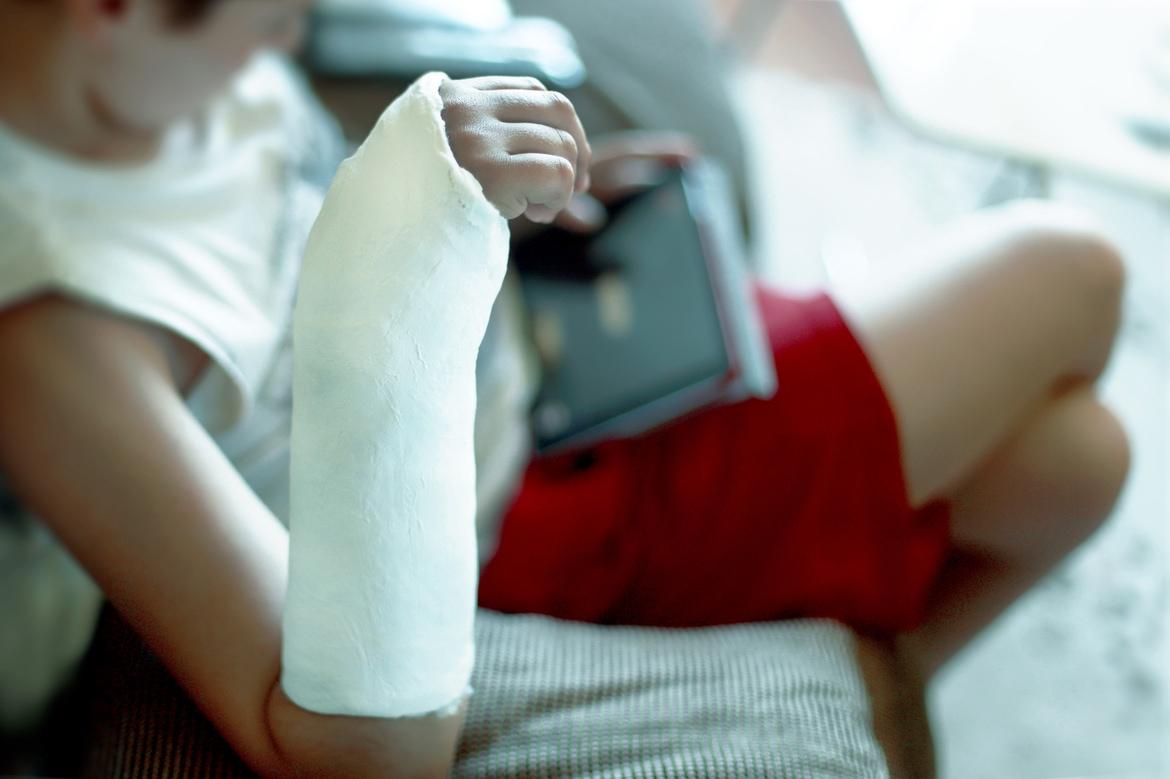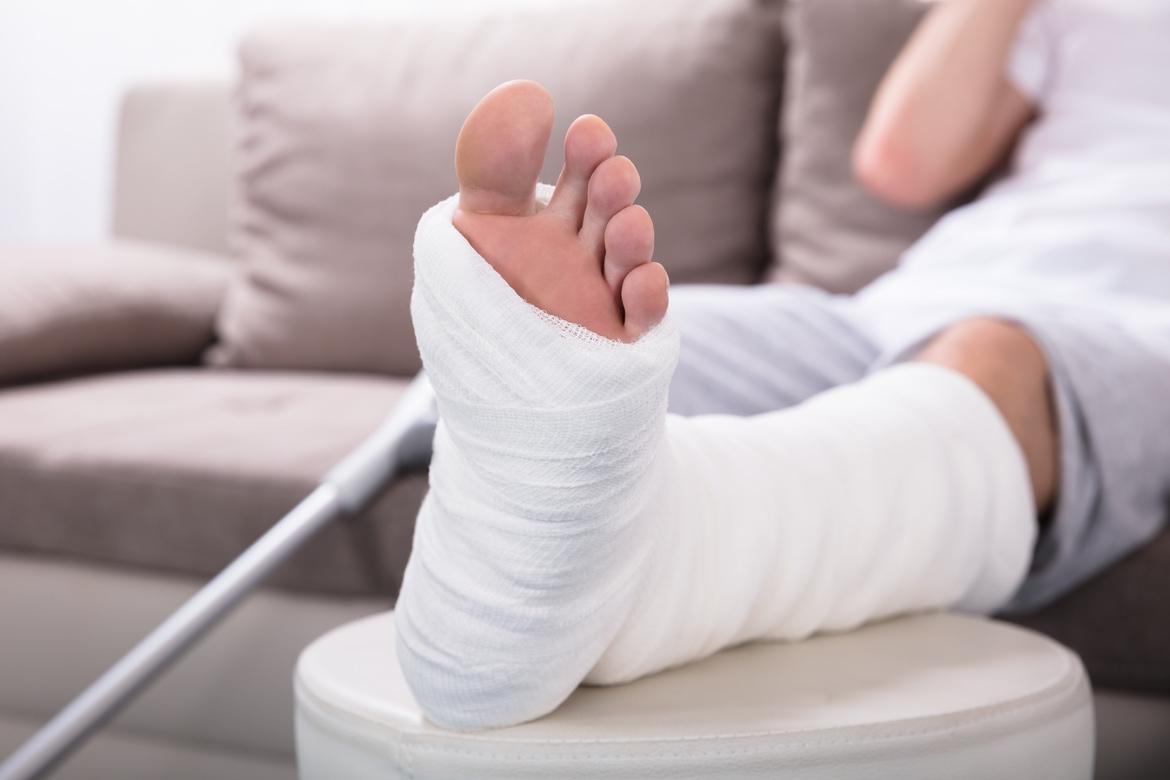-
-
Featured Care Areas

Fractures
How is a fracture diagnosed?
Your doctor should be able to diagnose a fracture through physical examinations and X-rays.
Some types of fractures, which are harder to see on X-rays, may require additional tests such as a computed tomography (CT) scan, magnetic resonance imaging (MRI) or bone scan.
How is a fracture treated?
In order for your bone to heal correctly, it needs to be set or repositioned and maintained in its proper position with the help of a splint or cast. The type and severity of the fracture will determine if surgery is required.
Your doctor will assess your fracture and recommend suitable treatment options for you.
This coverage checker is brought to you by Health Insured, an online resource that helps you understand your health coverage in Singapore.
This page has been reviewed by our medical content reviewers.
Need help?
For enquiries, please call
+65 6575 7575
For appointment bookings, please WhatsApp
+65 8111 9777








